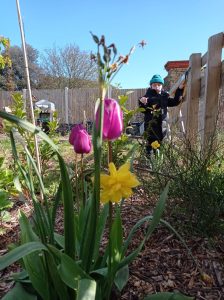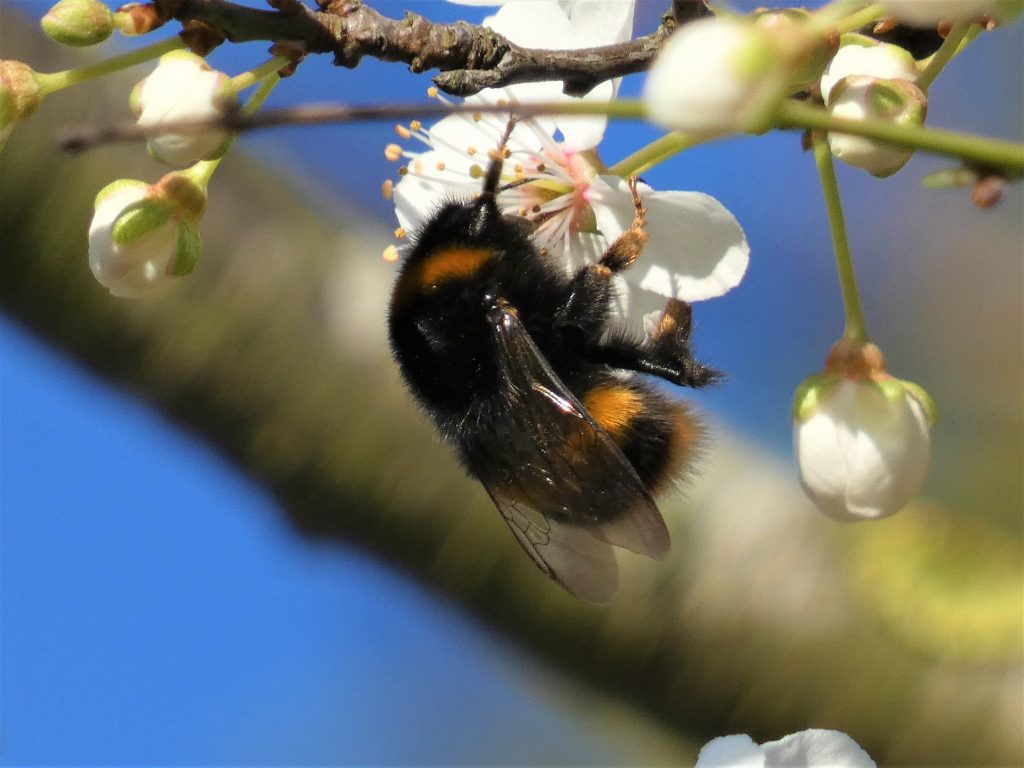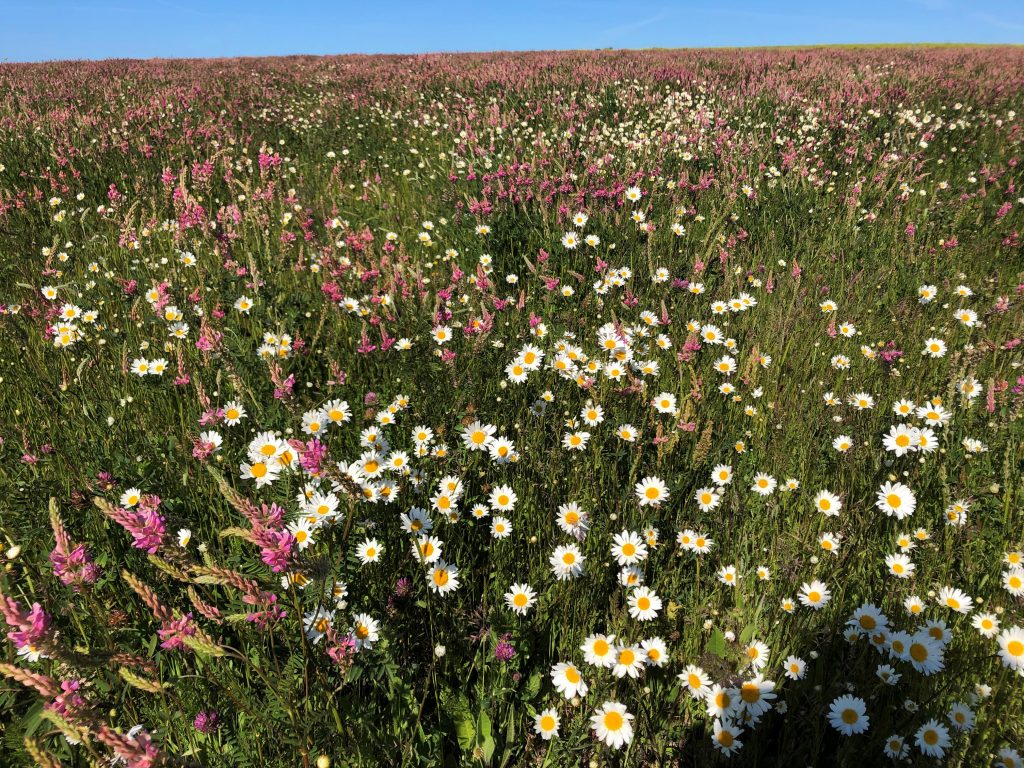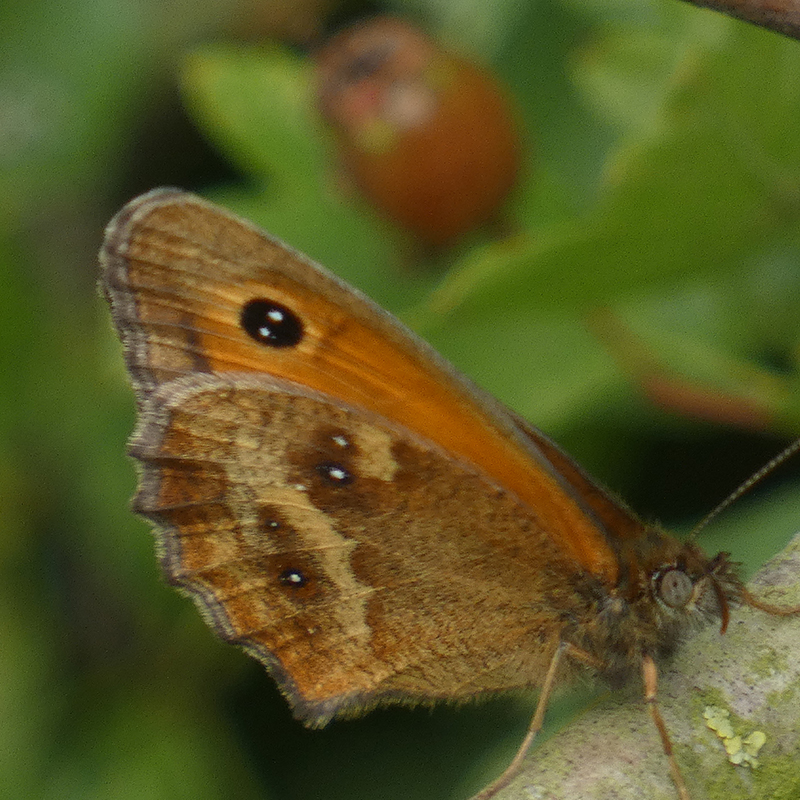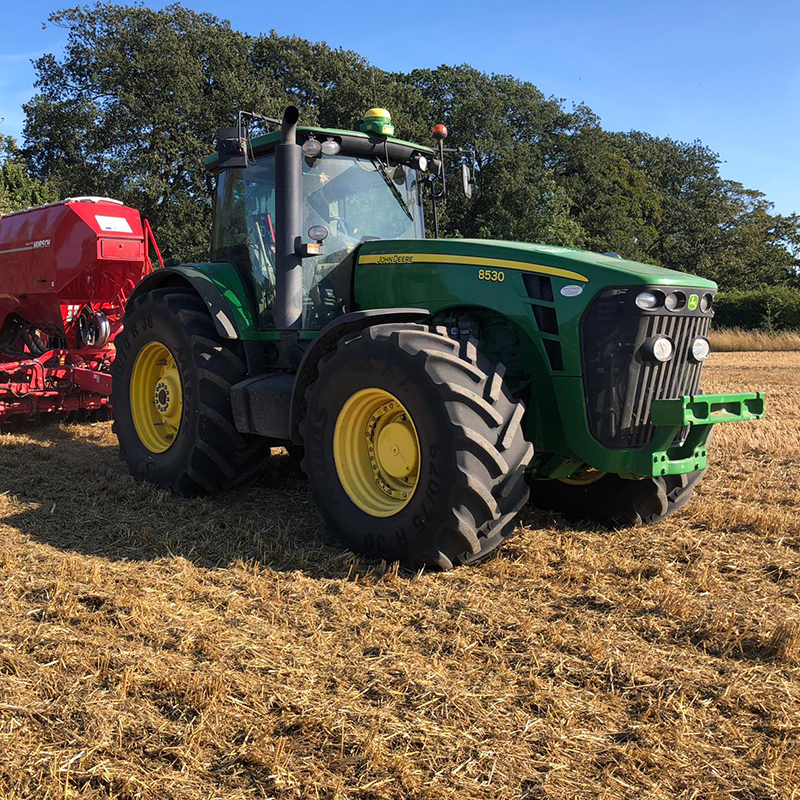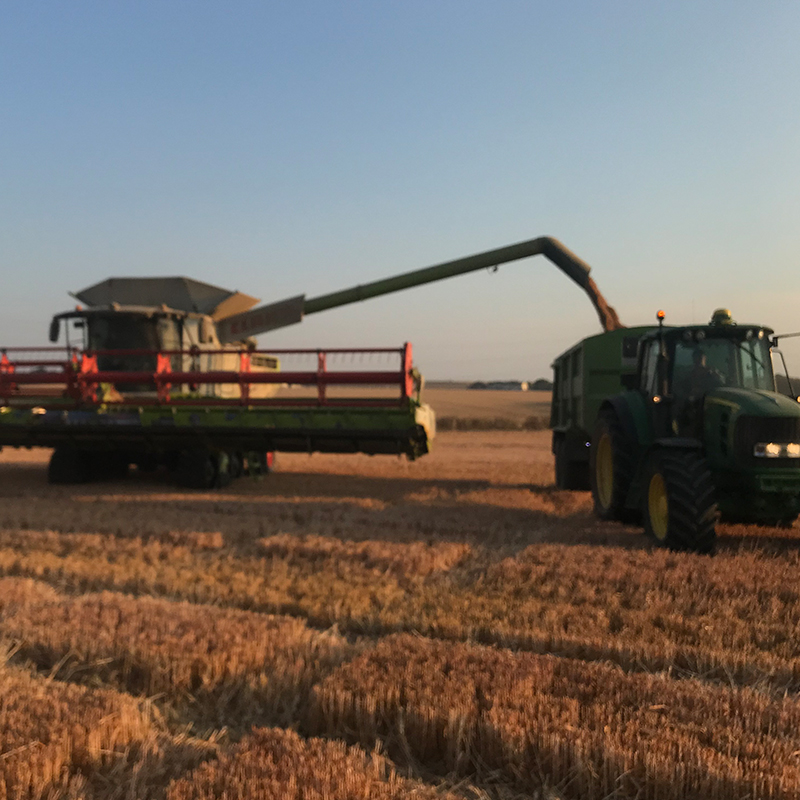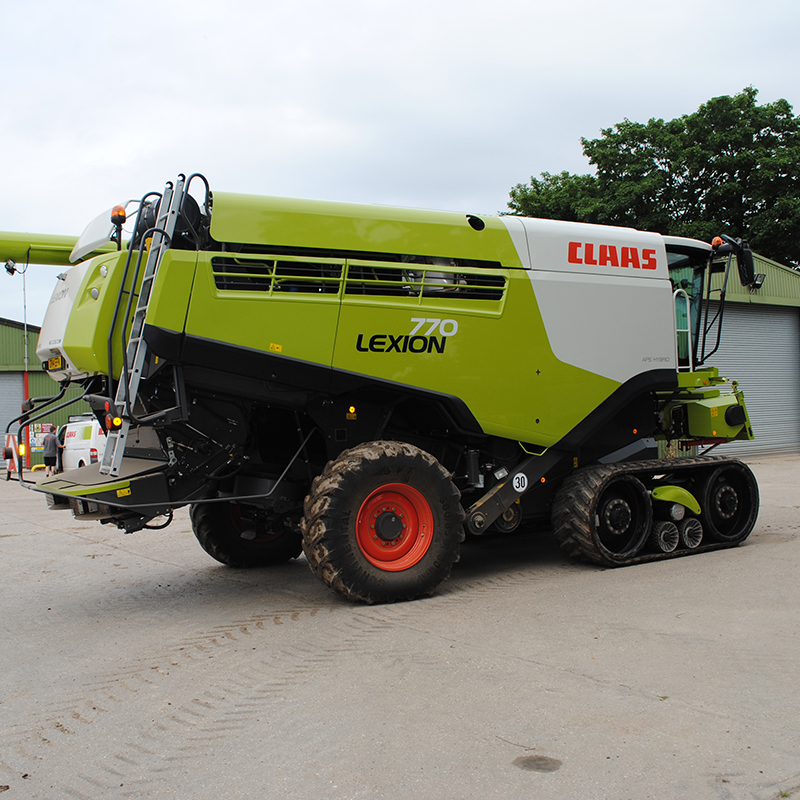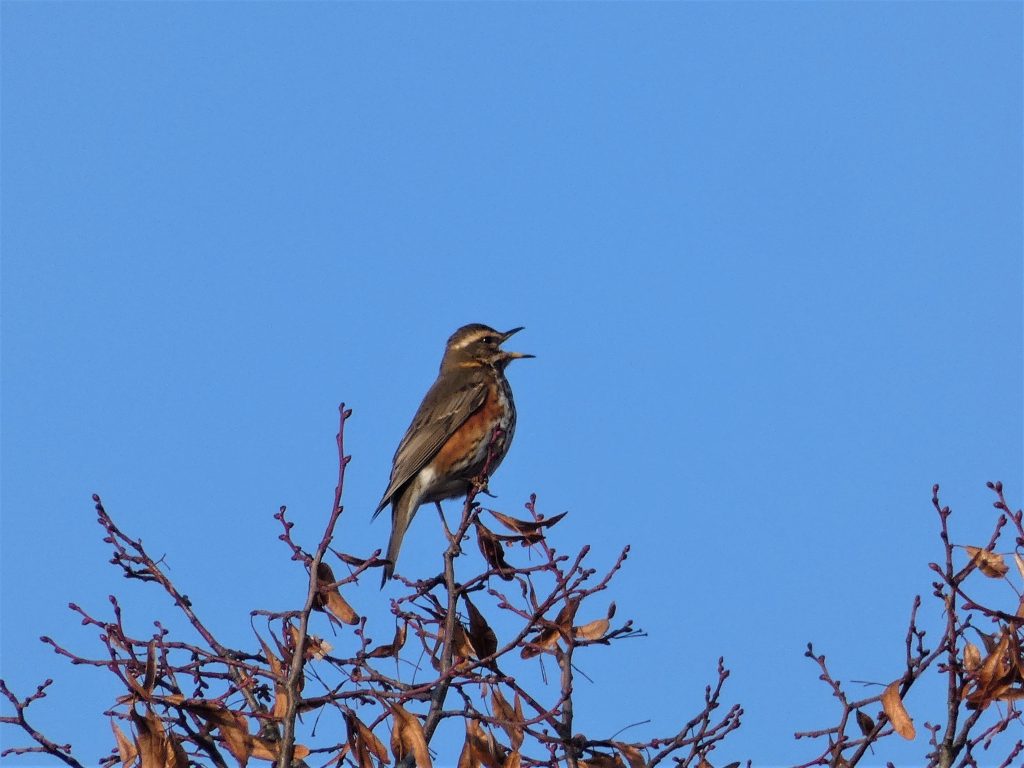

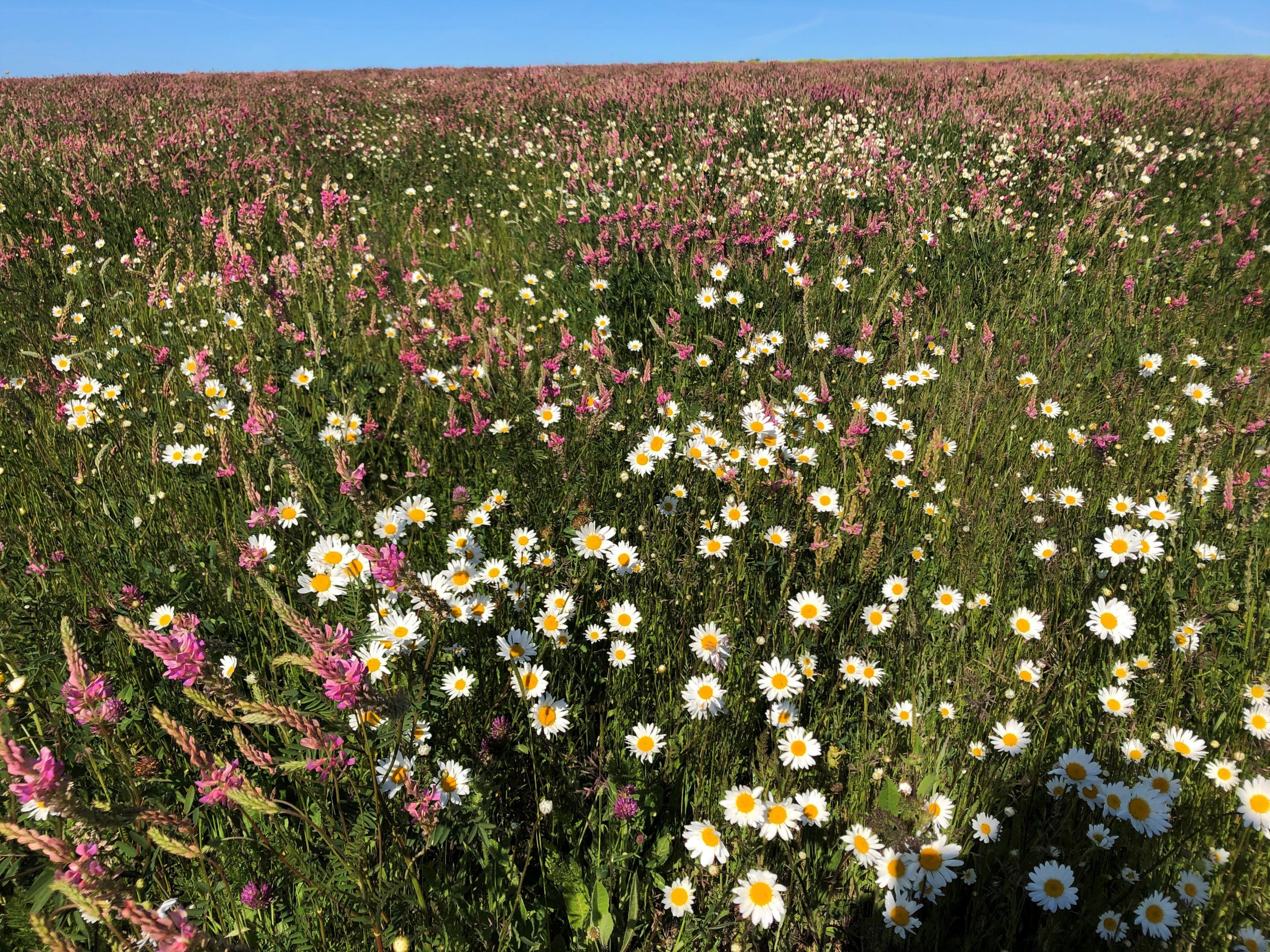
The Quex Park Estates plants peas, beans or clover to enrich the soil, which is also enriched by grazing cattle too. Cover crops are planted on fields, so the top soil is not left bare to harsh elements such as high winds or heavy rainfall, which can remove the top soil and wash it into rivers and streams. These ‘cover crops’ are then tilled back into the soil before the next crop is sown, providing even more nutrients.
The Quex Park Estate is associated with the Nature Friendly Farming Network (NFFN), who, ‘champion a way of farming which is sustainable and good for nature, while being passionate about ensuring our countryside is productive and bursting with wildlife.’
The Quex Park Estates farm 1400 acres, with a further 1200 acres in agreements with other farms. Crops include, wheat, fava beans, oilseed rape, potatoes, oats, and maize silage (used for bio-fuel). The Estate also provides grazing for a local breed of cattle, the ‘Sussex’, on the marshlands.
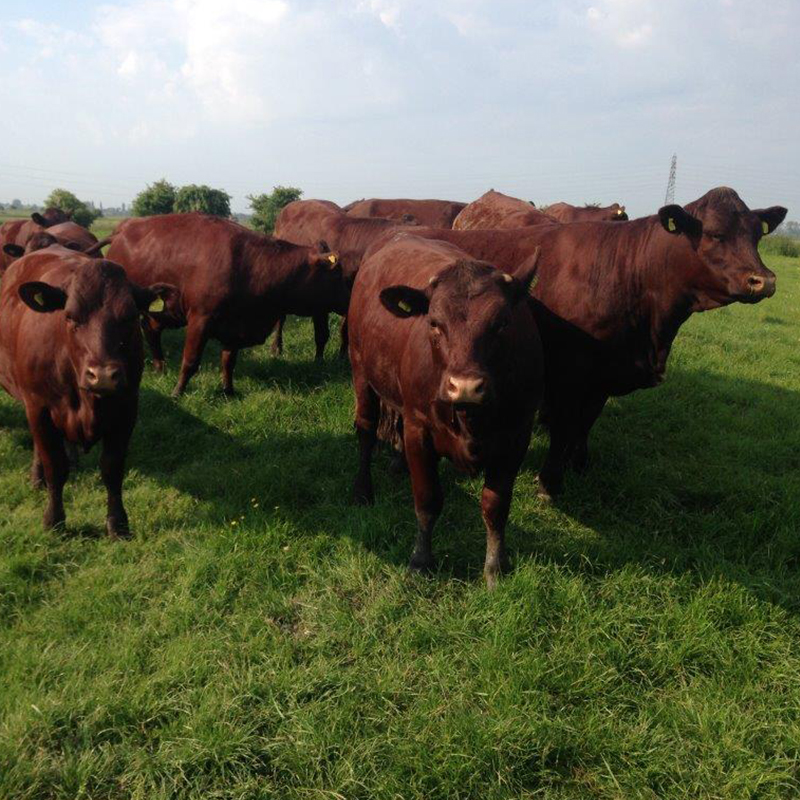
Stewardship of the land is akin to conservation. Many farmers around the UK, who hold a deep relationship, respect and affection for the land are incorporating age old practices of land conservation by caretaking the land for future generations. Through harvesting rainwater, mulching and enriching the soil and creating and nurturing habitats for wildlife under threat of extinction, the land will be sustainable and nourished for food production for many years ahead.
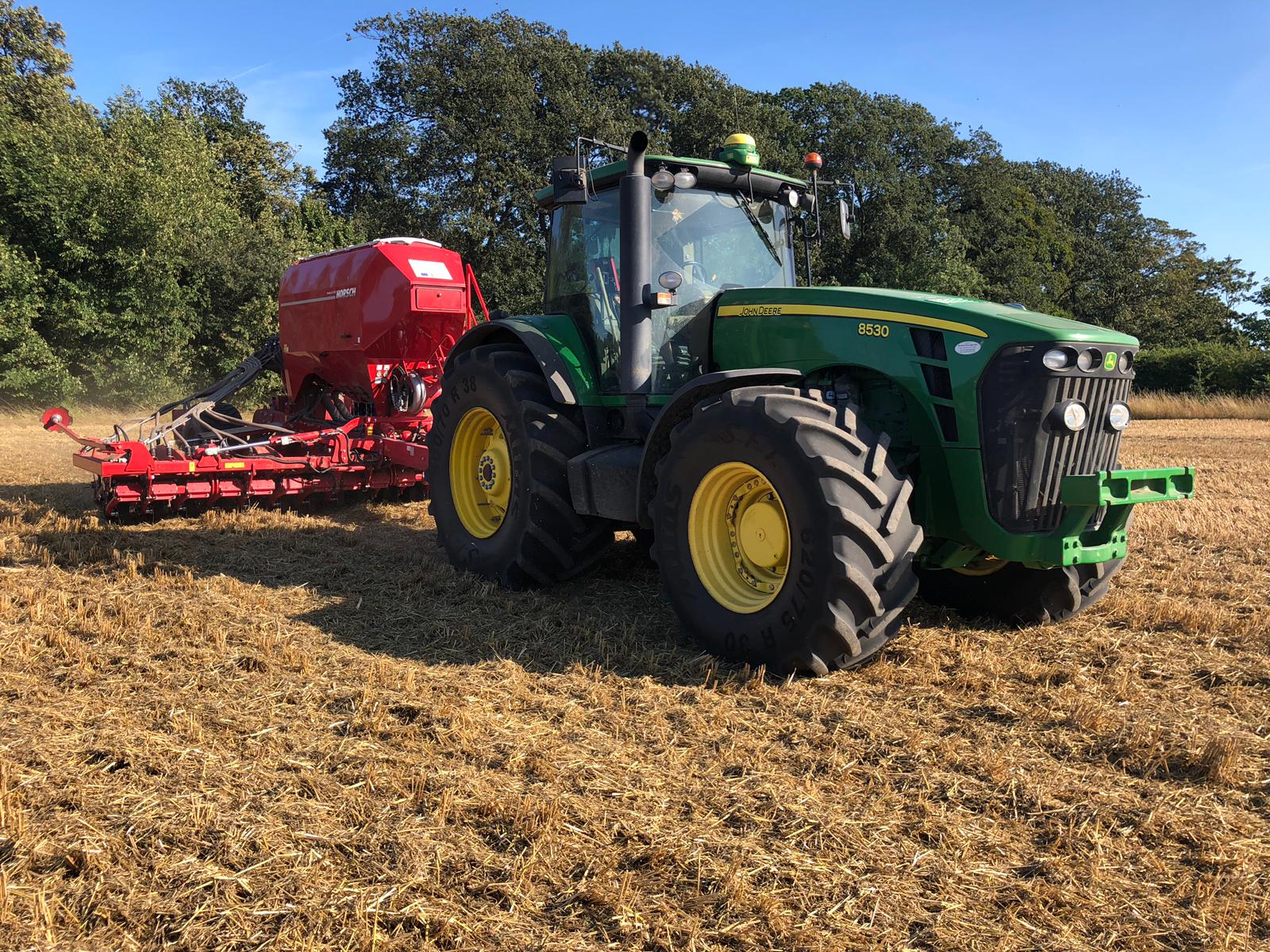
To find out more how the Quex Park Estates encourages birds, insects and small mammals to make their home at Quex Park see our Latest news and articles about Quex Park.
But we don’t have to be farmers to be stewards of the land. We can take part in this country wide initiative by developing our own little area of land in our back or front gardens. Leaving areas free to grow grasses, wildflowers or brambles.
If you live in rented accommodation or a flat, you can invest in window-boxes and pot plants to provide an area that will attract and feed insects so essential for pollinating our crops.
See our link below for more ideas from the National Trust on how to cultivate your own area of the planet and be your own steward of the land.
